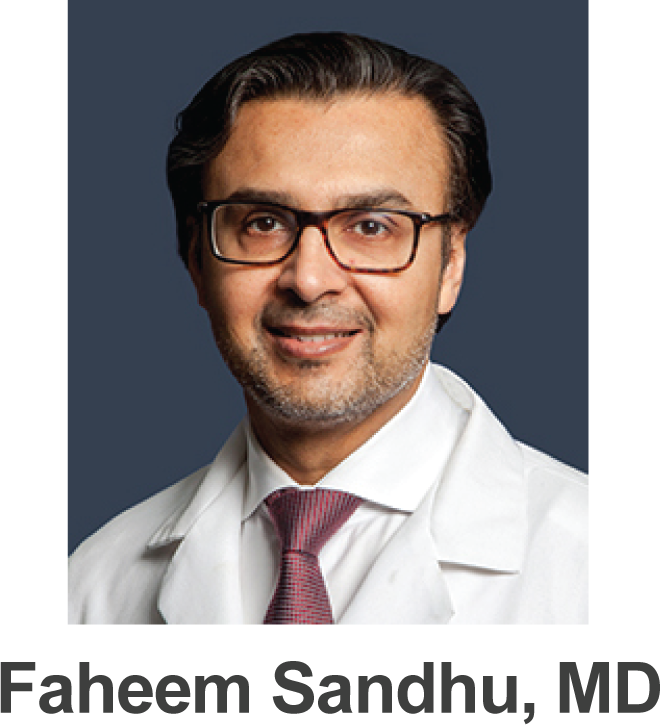
Dr. Sandhu is director of Spine Surgery at MedStar Georgetown University Hospital, professor of Neurological Surgery at Georgetown University Medical Center, and specializes in minimally invasive and complex spinal surgery. He recently gave his thoughts on the future of ACDF in Surgery Centers. We are pleased to share his insights.
Question 1. Do you see more and more spine cases transfer to Surgery Centers? If so, what would be the benefits of doing spine surgeries in a surgery center / outpatient setting?
Dr. Sandhu: There will be more spine cases in Surgery Centers. Improved anesthetics will help us control post op pain better, and allow us to do one and even two level lumbar fusions in the future. Enhanced navigation will also help surgeons perform surgery faster and safer. All of those things will converge to make it expand the repertoire of cases that we do at ASCs.
Q2. How has COVID-19 affected transitions of spine cases to Surgery Centers? Will this trend be accelerating or slowing down?
Dr. Sandhu: It has been accelerated to some degree. Many of my patients are much more in favor of having surgery at the ASC over a hospital given this pandemic situation. I sense the fear from patients; they actually vocalized it to me. ASCs offer a cleaner, safer, less congested environment for people to have these procedures done. I think the trend will continue.
Q3. How will the Surgery Center / Inpatient trend be affected after COVID-19?
Dr. Sandhu: People subconsciously started to favor cleaner and less congested environments more and more after the pandemic. Because of that, ASCs will continue to be more favorable to more patients.
Q4. What would be the ideal procedures for Surgery Center / Inpatient spine cases?
Dr. Sandhu: ASCs perform ACD, arthroplasty, and cervical procedures. Some ASCs have lumbar arthroplasty procedures as well. Even, two and three level lumbar laminectomy is an outpatient procedure. Various other procedures, including discectomy, cervical, and lumbar fusion procedures will move to Surgery Centers. Minimally invasive procedures will be one of the first to move to ASCs.
Q5. What innovations in business or offerings do you see for implant companies in Surgery Centers?
Dr. Sandhu: I see innovations of a modular system for packaging and kits to do single level ACDFs. It will come with a nice sterile box, so you don’t need processing trays and other equipment. The system will cut down infections and cost, and make everything efficient and accessible. The other innovation could be technology that makes some of the surgical procedures safer, such as navigation, robotics that are accessible for the ASCs.
Q6. How does the GS Medical system fit into Surgery Centers? Can you share some feedback working with GS Medical?
Dr. Sandhu: The GS Medical products are well-designed, and adopted modular systems. The other benefit for ASCs is its affordability. The GS Medical system has both quality and affordability at the same time, which really enhance our use of it. That is very important in the ASC setting; many surgeons at ASCs own part of the facilities, and it makes sense for them to look at the cost and contain them, whereas hospitals don’t have to share their costs with their surgeons.
